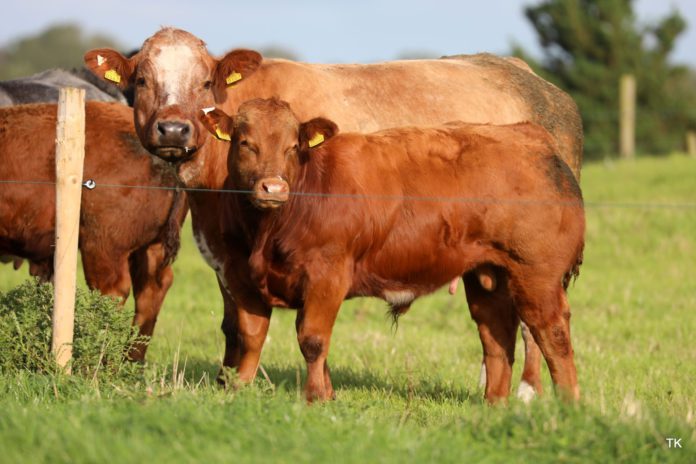As of January 1st, 2023, conditionality has replaced Cross Compliance, but the same principles will apply, according to the Department of Agriculture, Food and the Marine.
Conditionality will link the BISS payments and other direct payments with compliance against basic standards known as SMRs – Statutory Management Requirements.
There are 11 legislative standards (SMRs) relating to the environment and climate, public and plant health and animal welfare (previously 13 in cross-compliance) in addition to 9 standards based on the European legal framework, which requires the land owner to maintain the land in GAEC – Good Agricultural and Environmental Control.
In this news article, That’s Farming will look at those eleven SMRs and focus on 9 GAEC standards in a separate post.
- 1 – Implementation of certain requirements under the Water Framework Directive (new);
- 2- Protection of waters from pollution caused by nitrates;
- 3 – Conservation of wild birds (changes in numbering from cross-compliance);
- 4 – Conservation of natural habitats and of wild flora and fauna (changes in numbering from cross-compliance);
- 5 – Food and feed hygiene;
- 6 – Restrictions on the use of substances having hormonal or thyrostatic action and beta-agonist in farm animals;
- 7 – Proper and safe use of Plant Protection Products;
- 8 – Sustainable use of Plant Protection Products (new);
- 9 – Welfare of calves;
- 10 – Welfare of pigs;
- 11 – Welfare of farm animals.
Area 1 SMRs – changes – Climate and environment
SMR 1 – Implementation of certain requirements under the Water Framework Directive:
- Register on EPA Water Abstraction Register where more than 25m3 abstracted from private well on daily basis (calculate figures).
SMR 2 – Protection of waters from pollution caused by nitrates
- Additional requirements via GAP Regulations and Ireland’s fifth Nitrates Action Programme;
- Fertiliser application buffer zone (applicable to all crops along watercourses) – increasing from 2m to 3 pm;
- An uncultivated buffer zone (applicable to non-grass crops along watercourses) – increasing from 2 m to 3 m. Buffer further increases to 6m for late harvested crops where the field slopes towards the watercourse;
- Extension to the prohibited period for spreading slurry and soiled water in 2023;
- LESS equipment in 2023 on arable land in receipt of organic manures or require incorporation within 24 hours and also for pig slurry and livestock farms above 150kgs N/ha;
- From 2023, valid soil samples for holdings above 130kg N/ha and all sown arable land;
- New requirement last year regarding stubble cultivation post-harvest.
Area 2 – Public Health and Plant Health
- SMR 5 – Food and feed hygiene;
- SMR 6 – Restrictions on the use of substances having hormonal or thyrostatic action and beta-agonist in farm animals;
- SMR 7 – Proper and safe use of PPP – Plant Protection Products;
- SMR 8 – Sustainable use of PPP – Introduction of Sustainable Use Directive within conditionality. Previously non-compliances would be served with fixed penalty notices, but now, will be dealt with under conditionality. Extra requirements – More PPP measures – professional user number, sprayer calibration and testing, ect.
Area 3 – Animal welfare – minimum requirements all carried forward from cross-compliance – just change in numbering of SMR.
- SMR 9 – Welfare of Calves;
- SMR 10 – Welfare of Pigs;
- SMR 11 – Welfare of farm animals.
Note: Identification and registration of cattle, sheep, and pigs are not part of conditionality – requirements are outside of it and are managed separately under different law and non-compliance is dealt with through fixed penalty notices.
More farming news on That’s Farming





